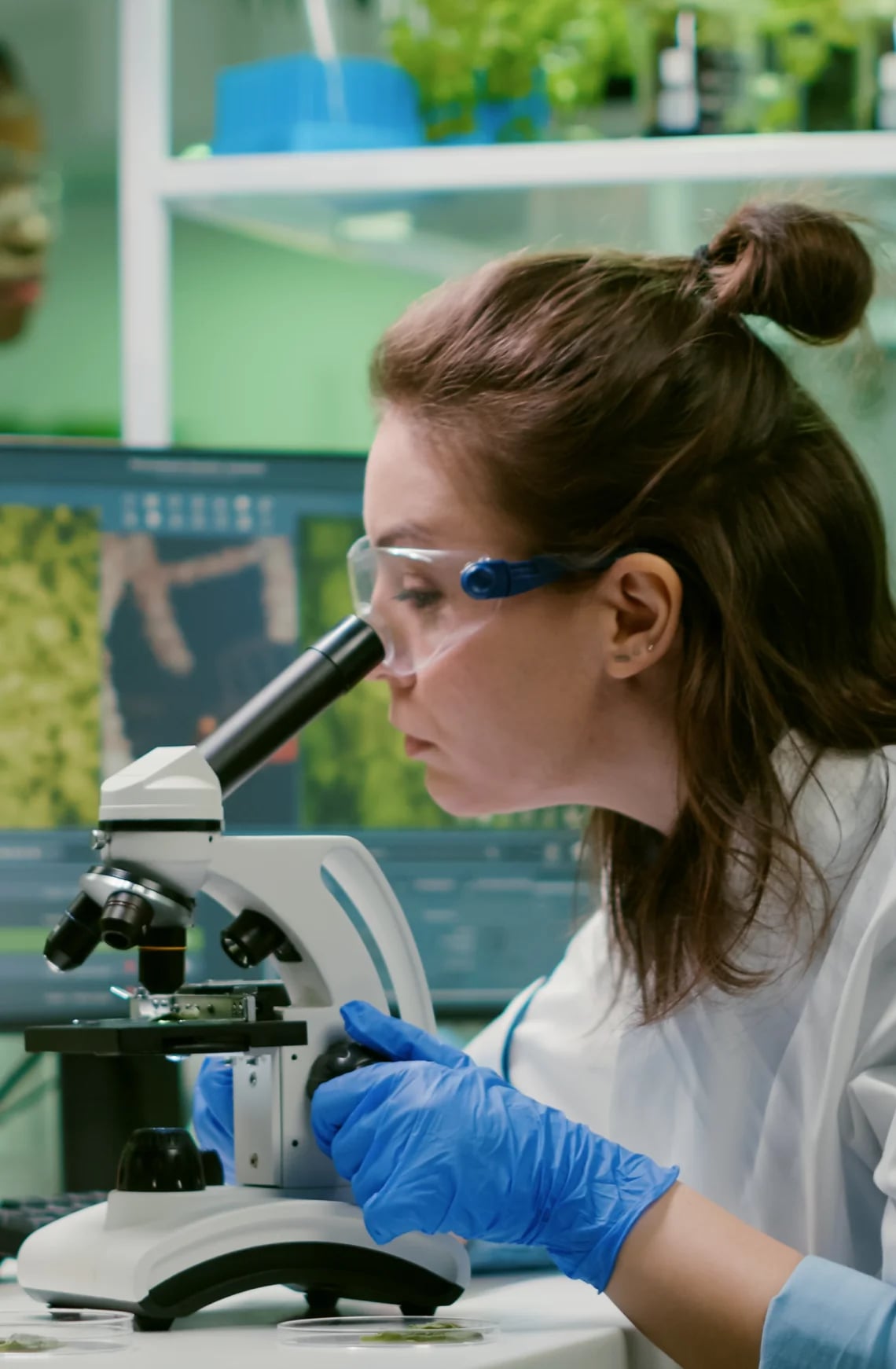Celebrating the 2025 Lasker Award Winners and the Role of Animal Research in Medical Breakthroughs
Big news in biomedical research! The 2025 Lasker Awards — often called “America’s Nobels” — honor groundbreaking discoveries that have transformed our understanding of biology and medicine. FBR is proud of its partnership with the Albert and Mary Lasker Foundation, whose president is a former FBR board chair. Moreover, the namesake of the Lasker~DeBakey Clinical Medical Research Award is Dr. Michael DeBakey, who is also a former FBR board chair and namesake of FBR’s Michael E. DeBakey Journalism Awards. This year, several Lasker awardees advanced their science with the help of animal research.
Dirk Görlich – Albert Lasker Basic Medical Research Award
Görlich conducted studies with frog oocytes to show that low-complexity domains (LCDs) in certain nucleoporins mediate dynamic, reversible interactions, facilitating the selective transport of molecules in and out of the cell nucleus. His work revealed a key principle of cellular organization. By uncovering how cells control traffic through the nuclear pore, this research deepens our understanding of cellular health and disease.
Steven L. McKnight – Albert Lasker Basic Medical Research Award
McKnight arrived at complementary insights by studying the genetic regulatory roles of LCDs in proteins within mouse and other mammalian cells, helping reveal how these domains contribute to cellular organization. These discoveries highlight how cells maintain internal order, with implications for conditions tied to protein dysfunction and misfolding.

Michael J. Welsh – Lasker~DeBakey Clinical Medical Research Award
Early studies of the ΔF508 CFTR mutation in frog oocytes and insect cells revealed that the protein retains some function under cool conditions — a key insight that inspired the development of small-molecule “correctors.” Later, Welsh helped develop porcine (pig) models of cystic fibrosis, which replicate the human disease and allowed researchers to study lung, pancreas, and intestinal complications — strengthening the foundation for therapies that restore function to the malfunctioning CFTR protein. This work helped pave the way for treatments that now give people with cystic fibrosis longer, healthier lives.
Jesús (Tito) González & Paul A. Negulescu – Lasker~DeBakey Clinical Medical Research Award
González and Negulescu led drug discovery at Vertex Pharmaceuticals for the triple-drug therapy Trikafta®, which restores function to the malfunctioning CFTR protein that causes CF. The therapy was identified in human cell systems but advanced to patients after essential preclinical animal studies that ensured safety and effectiveness. Trikafta® has transformed cystic fibrosis from a once-fatal disease into a manageable condition for most patients, dramatically extending life expectancy and quality of life.

These achievements highlight the critical role of animal models in translating basic science into real treatments that extend and save lives.












Leave a Comment